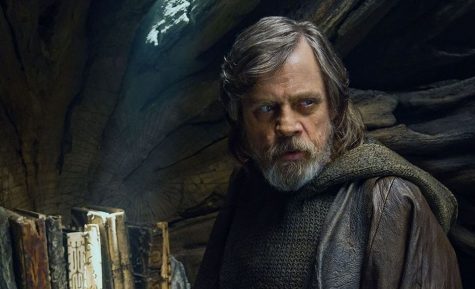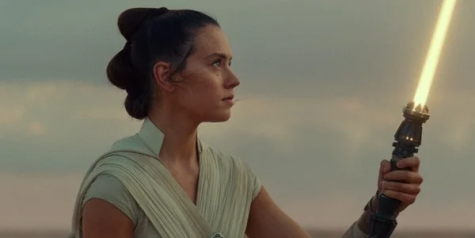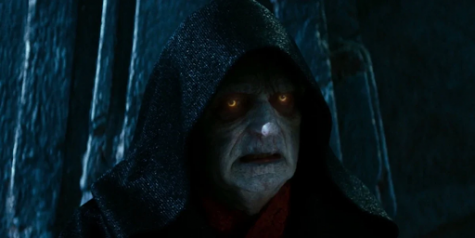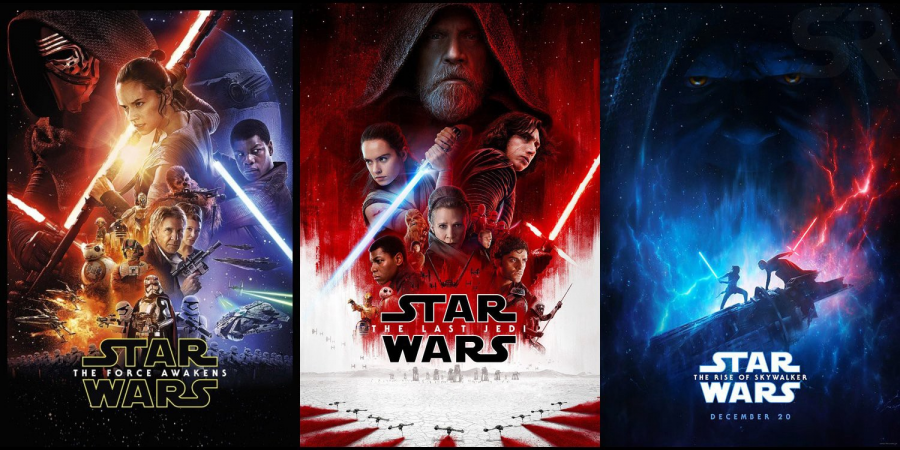The Star Wars Sequel Trilogy is Terrible, and Here’s Why:
April 20, 2021
All of the blame shouldn’t fall on one singular person for the horrific outcome of the Star Wars sequels, but should there need to be one to point the finger at, J.J. Abrams would be that person. J.J. Abrams is very much responsible for the many issues with the Star Wars sequel trilogy. When he signed on to direct The Rise of Skywalker, Abrams became the first person other than George Lucas to direct multiple Star Wars movies. His first collision with Star Wars was with 2015’s The Force Awakens, so he obviously played a large hand (for better and for worse) in putting together the sequel trilogy. The Rise of Skywalker earned controversial reviews and also became the lowest-performing film of the trilogy at the box office.
The most vocal detractors of The Last Jedi claim that Abrams and co-writer, Chris Terrio, were forced to “course-correct” the 9th movie as they attempted to fix some of the obvious problems with Last Jedi. In full actuality, the overwhelming issues with the sequels trace back to Abrams. It isn’t just what was done with The Rise of Skywalker that is the undying issue (which was hit with criticism for retconning aspects from The Last Jedi). Abrams unknowingly laid out even more problematic elements to come with decisions he made during the development of The Force Awakens.
Skywalker’s Island Isolation

Originally, the Force Awakens creative team hoped and intended to make Luke Skywalker’s character a larger part of the storyline, but they felt he always overshadowed the new characters that were supposed to be the new main characters of the trilogy. After failing to start a new Jedi Order, this led them to have Luke disappear, and Skywalker was only in the film’s final scene. This upset a large amount of Star Wars fanatics, as they had hoped for a reunion between Han Solo and Skywalker (before the tragic death). The Last Jedi not only peeled Luke’s character out of the narrative, which ended up being one of the most controversial parts of the entire movie but also changed what his character’s personality was supposed to be perceived as. Nobody could comprehend that the oh-so-loved optimistic, idealistic hero of the original trilogy had become so cynical and doubtful, willing to spend the rest of his existence cut off from the entire universe, including his family and friends.
Abrams was the one who threw Luke into isolation, so it was up to Johnson to figure out why Skywalker was on Ahch-To in the first place. If Luke had answered the Resistance’s cry for help immediately and faced down the First Order with a lightsaber, it would have undoubtedly made his exile too abrupt. There had to be a backstory and logical reasoning for Luke to simply remove himself from the fight in which he was needed, so Johnson piled on more to the story between Skywalker and Ben Solo, using the youngster’s turn to the dark side as the reasoning for Luke’s state of mind. This idea was probably the best he could have made, given the situation, but it still doesn’t sit well with a fraction of viewers, including myself.
Unanswered Mysteries about Rey and Snoke

As many are aware of Abrams’ past, he loves using mysteries. Even though this can be used in a great way, it can easily get the director into trouble should something not settle well. Star Trek Into Darkness is perhaps the best example of this, but there are also a few of these “mystery boxes” in Star Wars. In particular, fans had been questioning the heritage to which Rey belongs, as well as Supreme Leader Snoke’s backstory in the months leading up to The Force Awakens. The main issue is that the film truly did not provide any explanation for this, and it was up to Johnson to come up with a solution.
Without a real course to follow, Johnson decided to make Rey’s parents’ nameless nobodies, which altered from what Abrams was preparing in his head. What ended up happening was The Last Jedi and The Rise of Skywalker eventually ended up clearing out of the fog that was confusing everyone about Rey’s parentage.
No Explanation for Palpatine’s Return

When the Rise of Skywalker teaser trailer showed and surprised that Emperor Palpatine was back in the narrative, Lucasfilm president Kathleen Kennedy was quick to state the villain’s return was always part of the sequel trilogy’s plan. The specifics behind the Emperor’s resurrection were undetermined, they just knew Palpatine was the endgame. Bringing back seemed like a decision they made solely because they realized that the Star Wars sequels were not doing near as well as they’d intended. Trevorrow’s original script did not include a role for Palpatine (who was just mentioned by name) and instead made Kylo Ren the primary villain. Considering Trevorrow was hired for Star Wars 9 in 2015, are that he most likely would have worked with the Palpatine return and tried to work that into his script more efficiently.
By all accounts, Palpatine’s comeback was Abrams’ idea, but unfortunately, the director didn’t have much of an explanation as to how that happened. Palpatine’s role in The Rise of Skywalker was barely used to its potential, with his connections to Rey and Kylo Ren coming across as bland. The idea of Palpatine’s return is a logical one, as it could have made him the thread to tie the three Star Wars trilogies together, but sadly, the Emperor’s role in Rise of Skywalker was terribly used due to a lack of setup and information.







